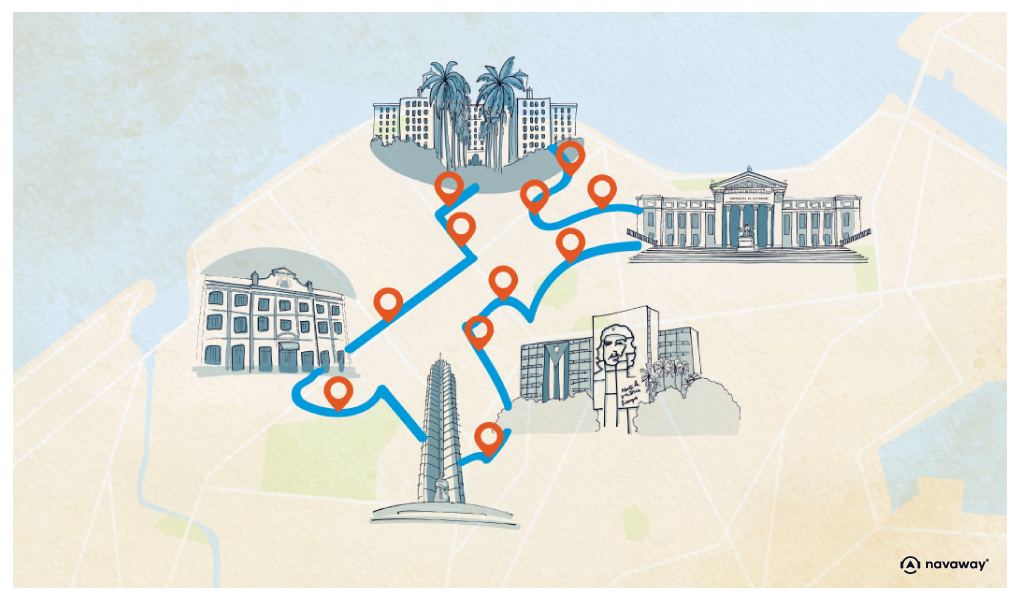
The Cuban Revolution
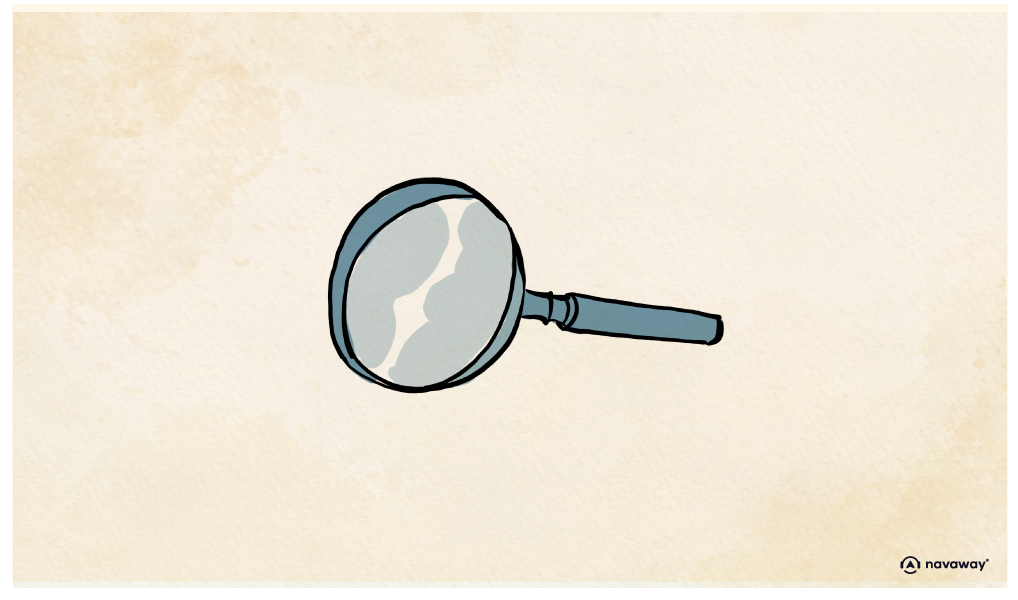
This point of interest is available as audio on the tour: Visit Havana, El Vedado: Havana’s timeless elegance
Over 60 years ago, Cuba experienced one of the most pivotal moments in its modern history: the Cuban Revolution. In Habana Vieja, and especially in Vedado, those two words still echo with meaning and memory. For those unfamiliar with the revolution, here’s a quick rundown. Cuba officially gained political independence from Spain in 1902, but a new chapter of upheaval soon began. In March 1952, army sergeant Fulgencio Batista seized power in a military coup and established a dictatorship. While the United States supported Batista in exchange for favourable economic ties, resistance began to grow among those who opposed the regime. The first major uprising was led by Fidel Castro in 1953, when a group of revolutionaries launched an attack on a military barracks in Santiago. Poorly armed and ill-prepared, the operation failed, with many of the fighters either killed or imprisoned. Batista was later elected president in 1954, while Castro served time in prison—where he shaped and spread his revolutionary vision. On 2 December 1956, Castro launched a second attempt. He returned with 81 fellow rebels, but the mission fell apart once again. The tide finally turned in 1959. Fidel Castro, now backed by the young Ernesto “Che” Guevara, overthrew the regime and took control of the country, establishing a new Cuban state. The U.S. responded with a sweeping economic embargo—still in effect today – and lost the USSR as an ally. Cuba aligned itself with the Soviet Union, an alliance that lasted until the USSR collapsed in 1991, and triggered the most severe economic crisis in Cuban history.

Discover other tours to visit Havana
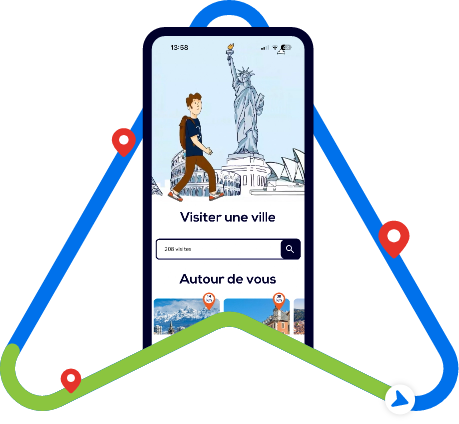
Discover Havana with app
An interactive guide through the most beautiful streets, squares, and districts
19 fun audioguides full of historical facts, anecdotes, and legends
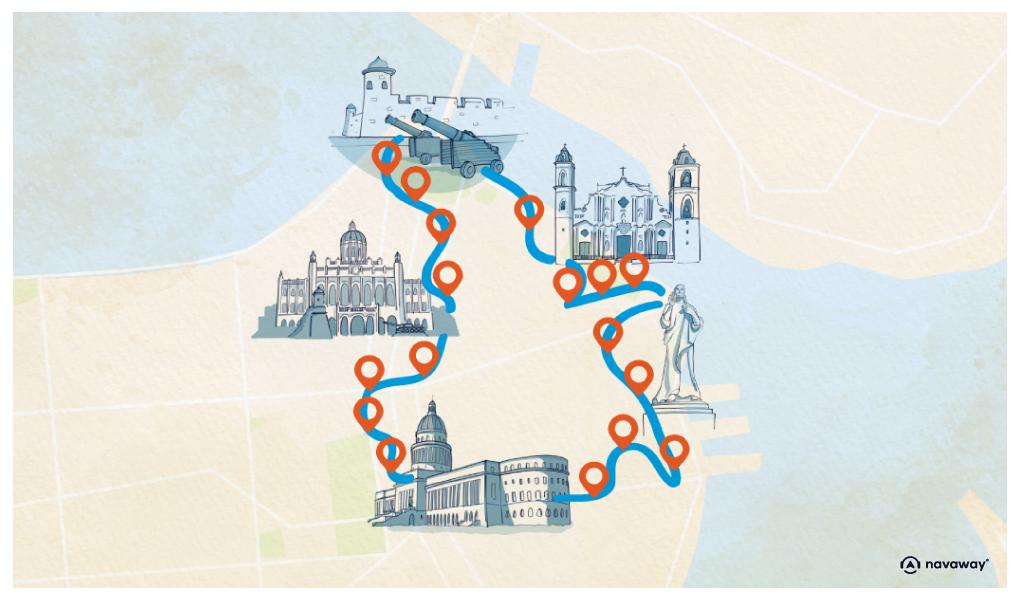
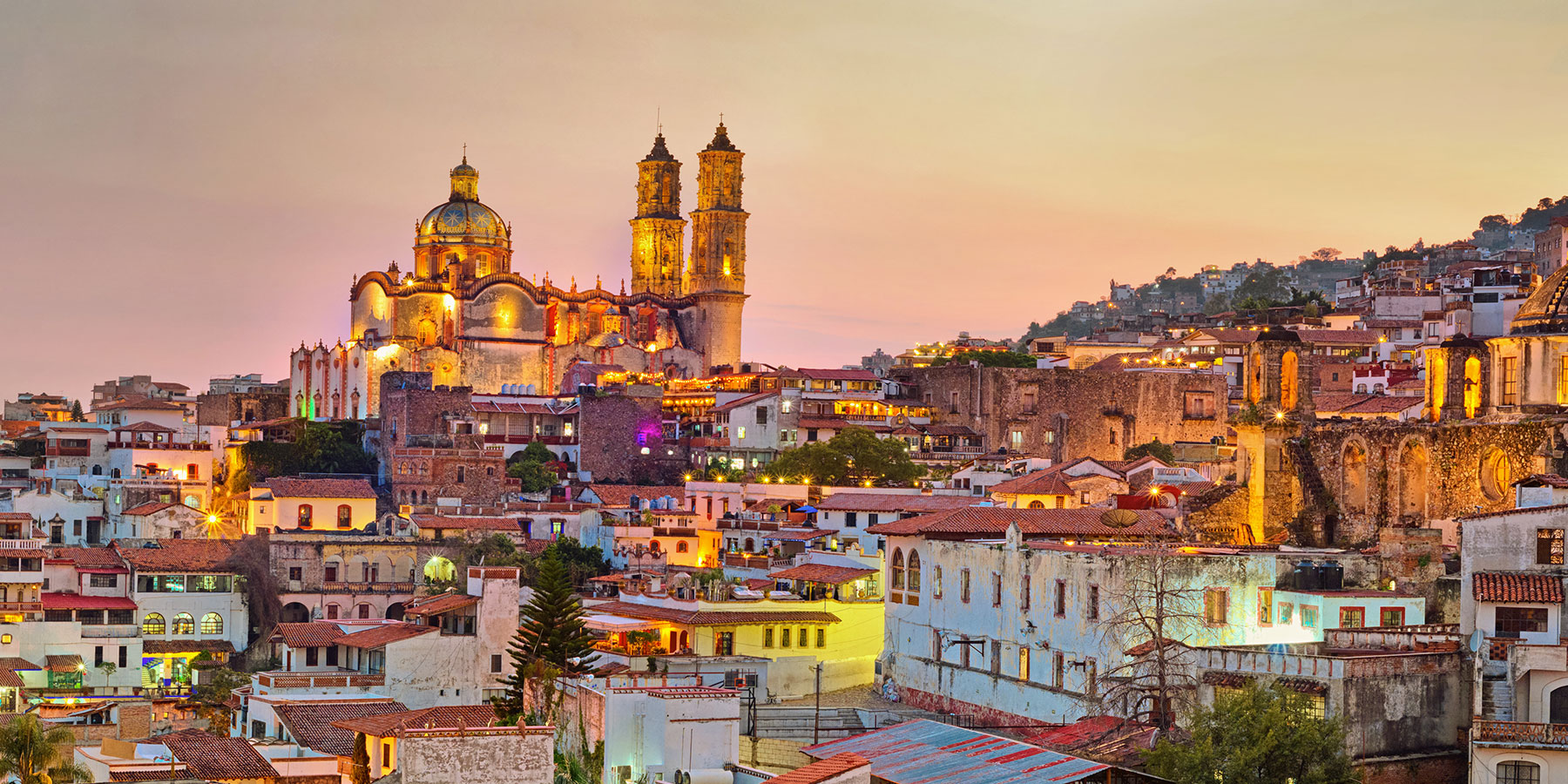
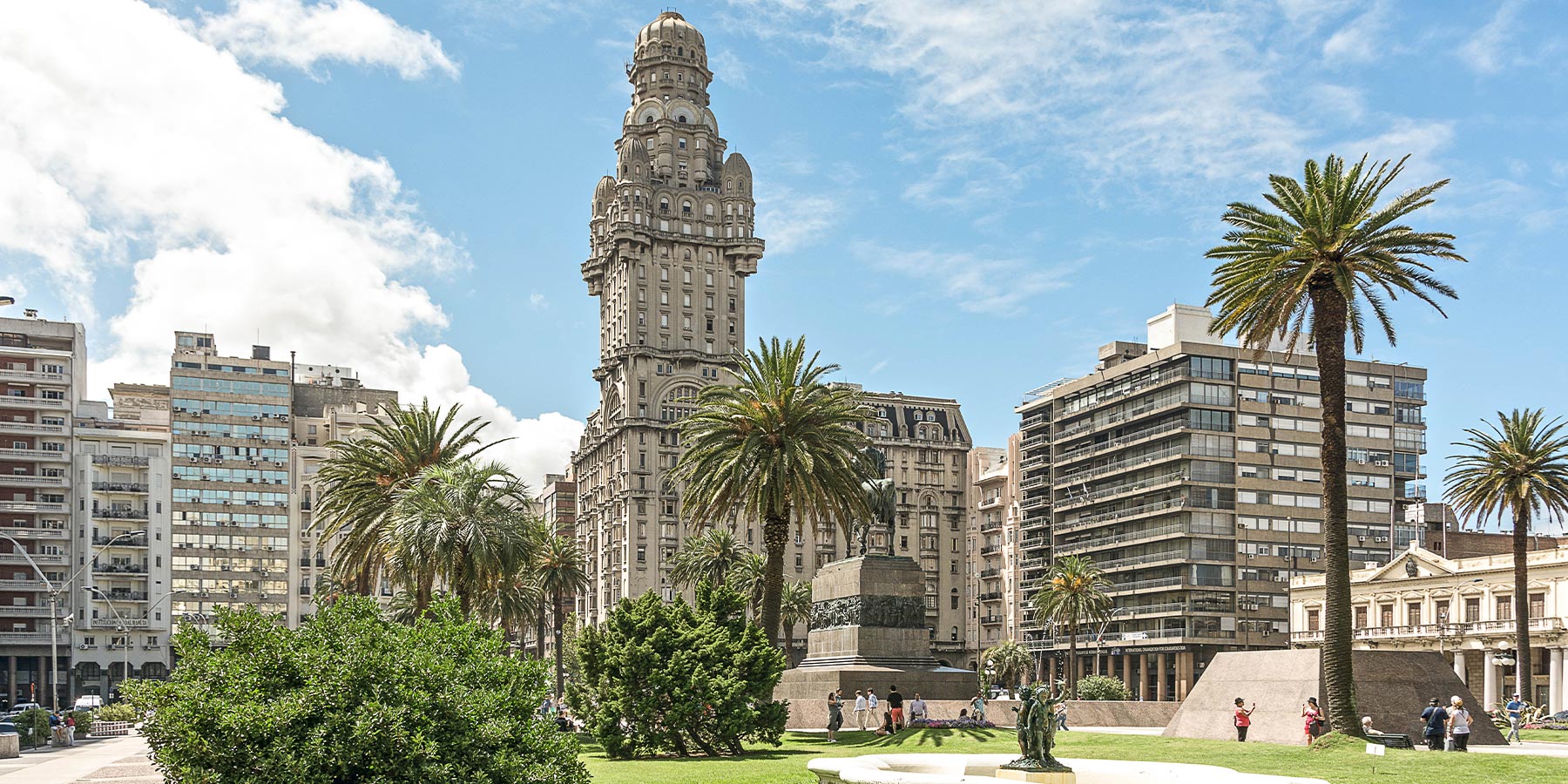
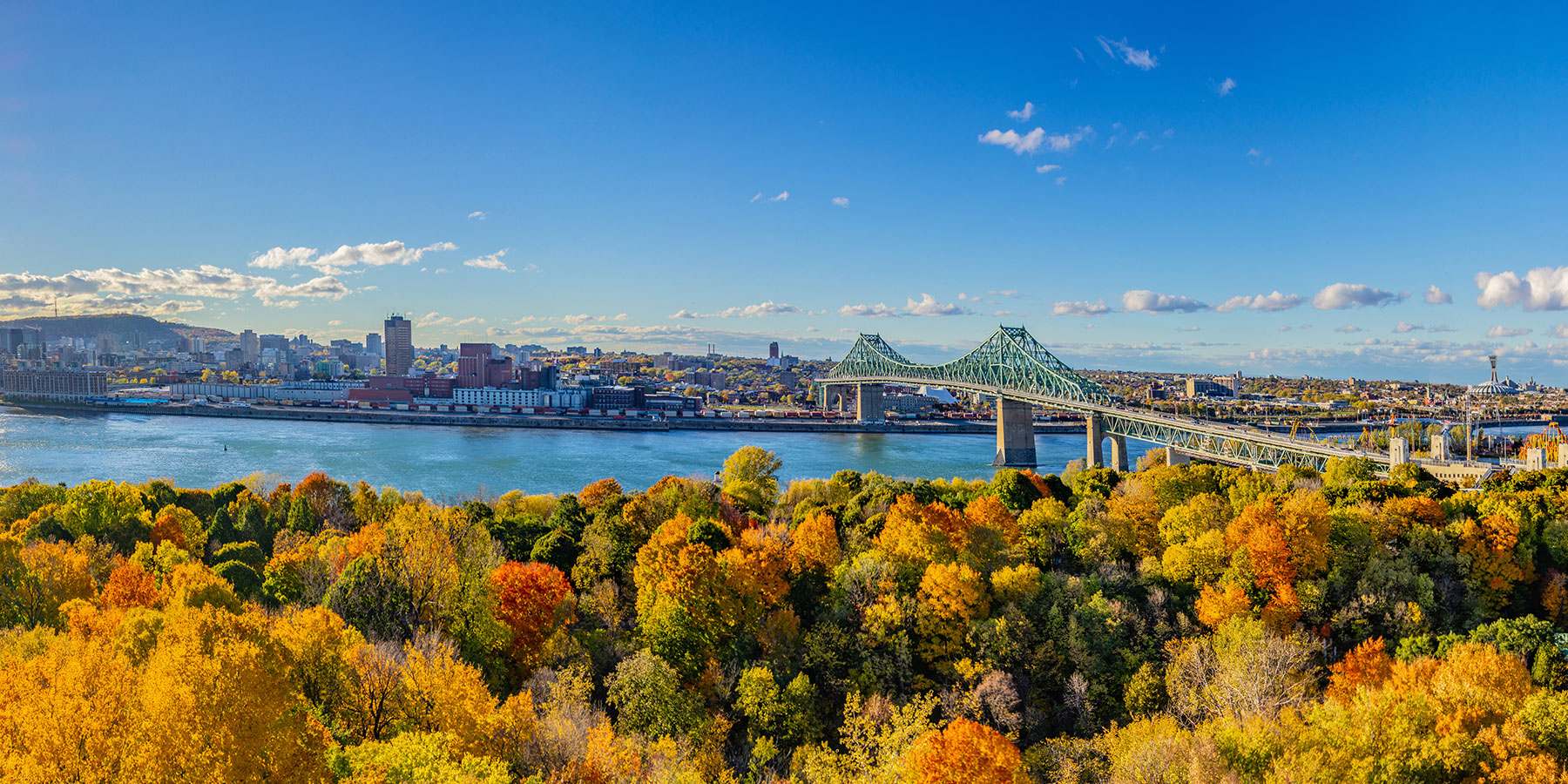
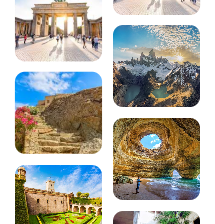

Comments